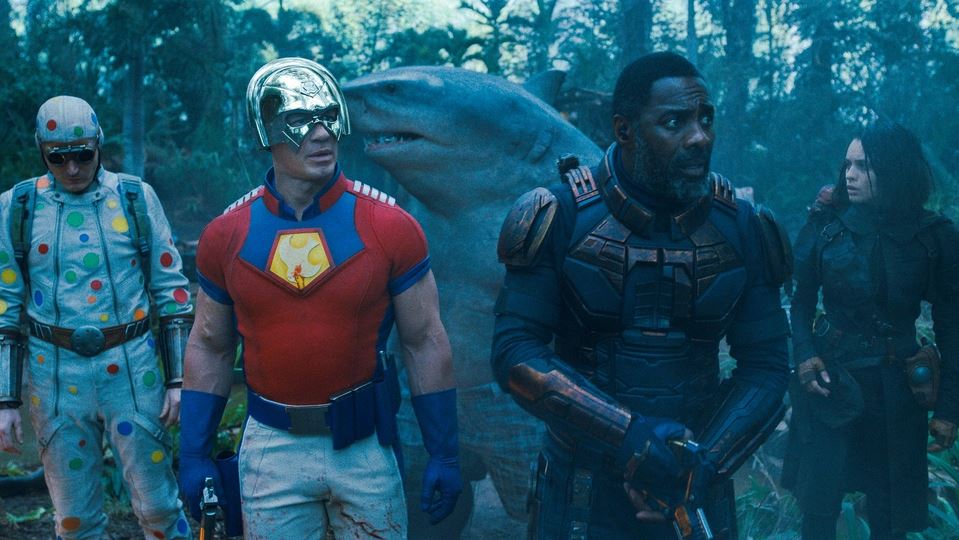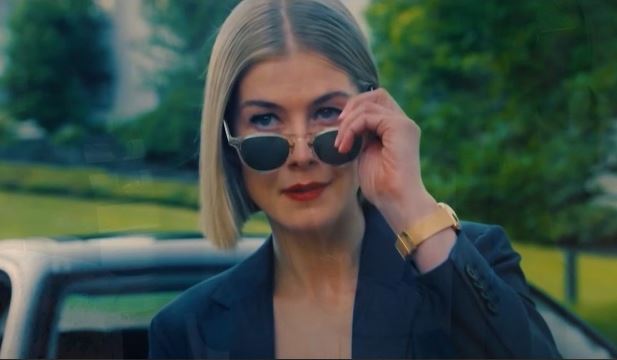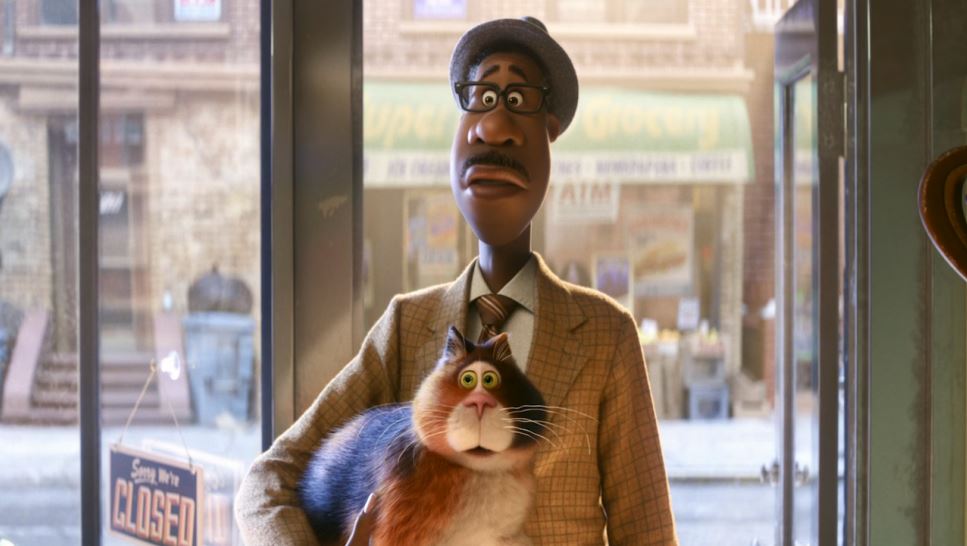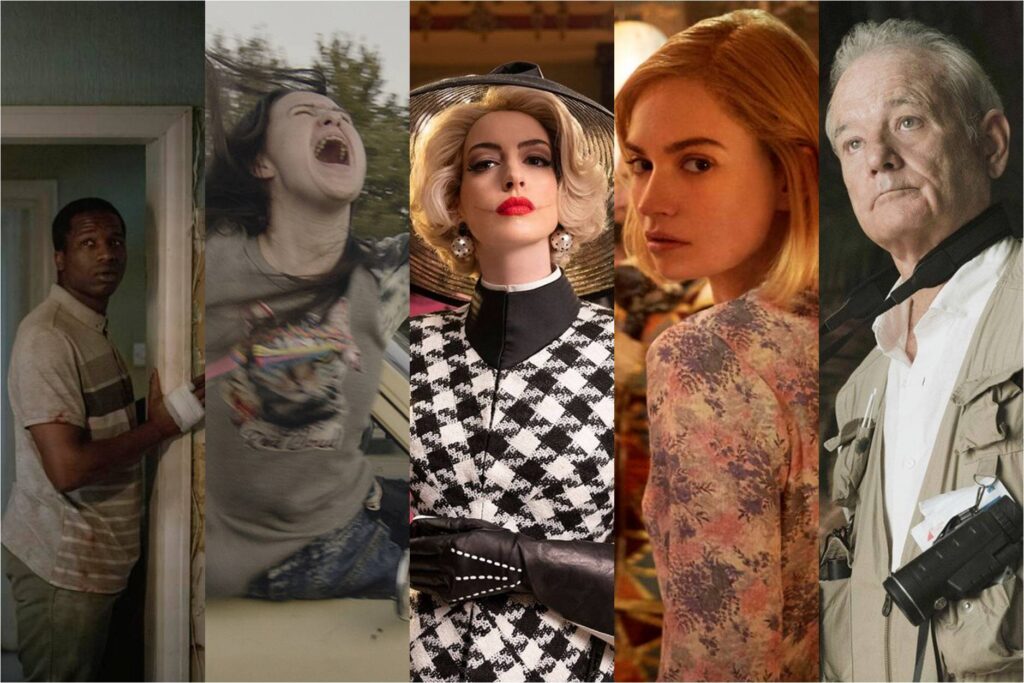Free Guy: Leveling Up, One Cross-Promotion at a Time
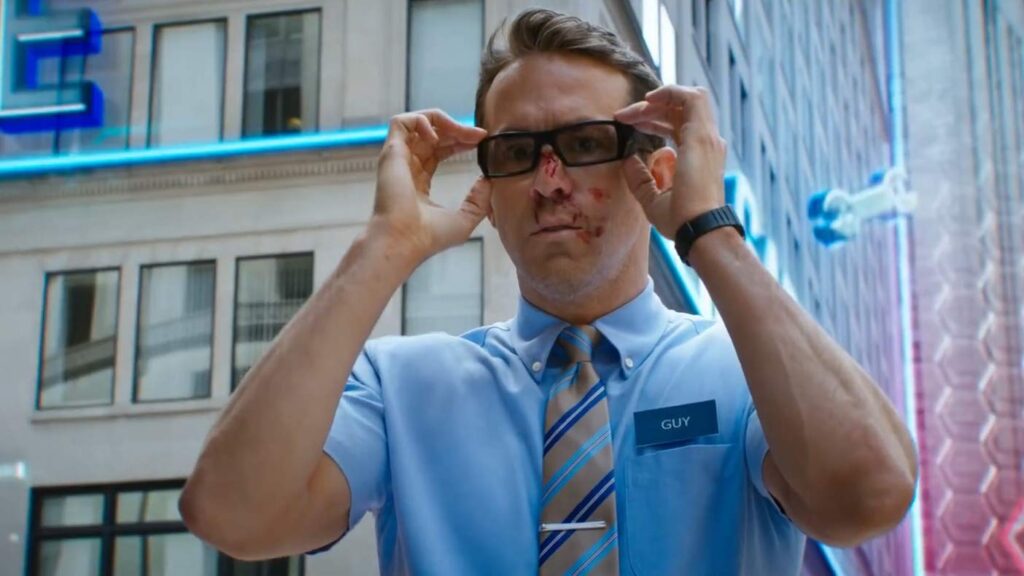
Once you acknowledge that it’s creatively bankrupt, Free Guy becomes a reasonably diverting time at the movies. It’s a work of benevolent fraud, like an identity thief who steals your credit card and then buys you some cool shit before jetting off to Cancun. It’s also a fascinating document for where it sits in today’s precarious blockbuster landscape: a big-budget original screenplay that nonetheless feels awkwardly bootstrapped to the superior pictures it’s imitating. It’s an original copy—an organic movie with a synthetic soul.
Free Guy was technically directed by the journeyman Shawn Levy (Night at the Museum, Real Steel), but its true authorship is corporate. It’s being distributed under the banner of “20th Century Studios”, which means it was initially developed at Fox before that company was acquired by Disney, the insatiable commercial behemoth that currently owns roughly 98% of the market share. The film’s first trailer, which premiered back during the Before Times of December 2019, winkingly ridiculed the Mouse House’s penchant for recycling old hits (“from the studio that brought you Beauty and the Beast, Aladdin, and The Lion King… twice”), but Free Guy occupies a curious double-zone; even as it’s trumpeting its original bona fides at every turn, it’s continually leveraging its preexisting brand in the hope of launching yet another merchandise-friendly franchise. Read More

